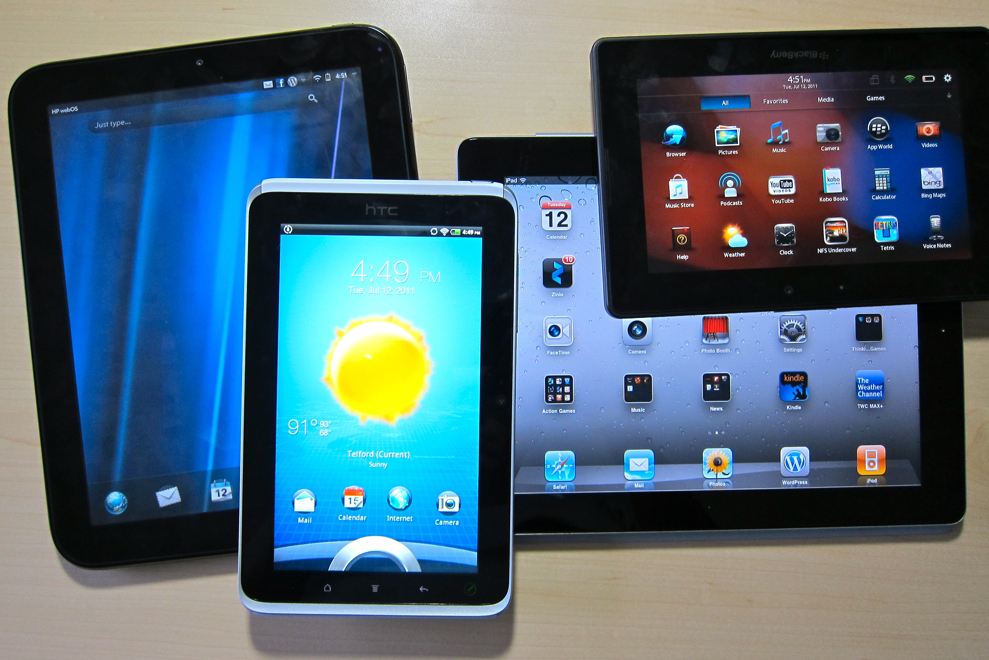 School children from the remote Wonchi area in Ethiopia are showing drastic improvement in literacy skills with the help new technology involving laptops and tablets, a report of a two year research project by scientist from the Massachusetts Institute of Technology Tufts University USA, launched in February 2012 indicates.
School children from the remote Wonchi area in Ethiopia are showing drastic improvement in literacy skills with the help new technology involving laptops and tablets, a report of a two year research project by scientist from the Massachusetts Institute of Technology Tufts University USA, launched in February 2012 indicates.
In the study, the researchers supplied laptops to over 40 pupils in the area, in a bid to find out what happens when children are given early literacy apps and games without receiving any operating instructions or tuition in their use. They found that children between the ages of 4 and 10 quickly learned not only how to turn the solar-powered tablets on and off but also what the function of the installed early learning apps was.
In the study, most of the children learned to understand the English alphabet and read and write words. Yet, the Wonchi area has been known to have a literacy rate of virtually zero with the other half from a small village not far from the town of Wolenchite. None of the children had ever attended school before receiving their tablets.
While literacy levels in other countries like neighbouring Kenya is over 90 percent among youth, literacy in Ethiopia lies at 42.7 per cent for the total population, with the figures expected to rise especially as the trend of switching to new technology involving laptops and tablets continues in rural areas, as it is in Addis Ababa.
Nevertheless, in the survey, instructors found that the children from the Wonchi area involved in the programme were keen to continue learning despite the nearest primary school being a two-hour drive away. However, while the project is set to end this year, it is remains unclear on how the tuition would be conducted in the remote area.

